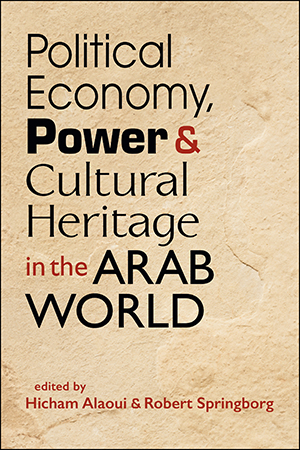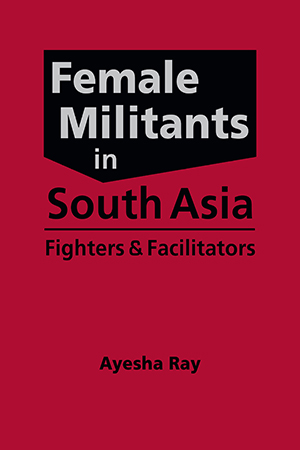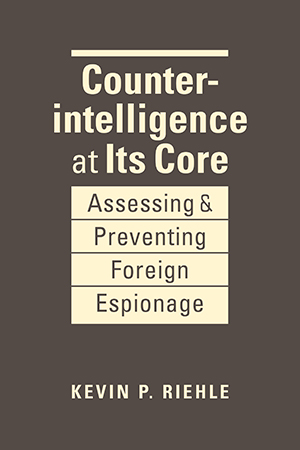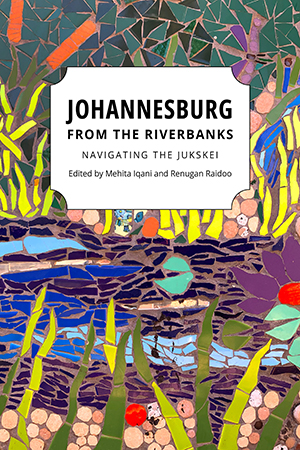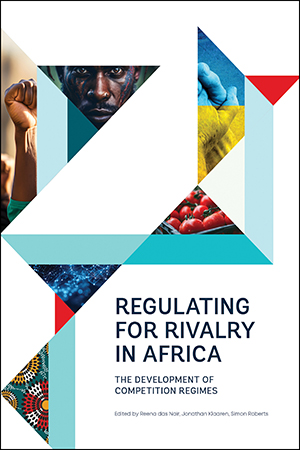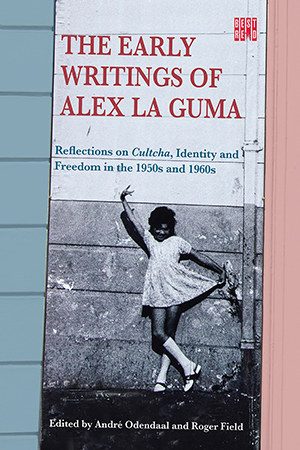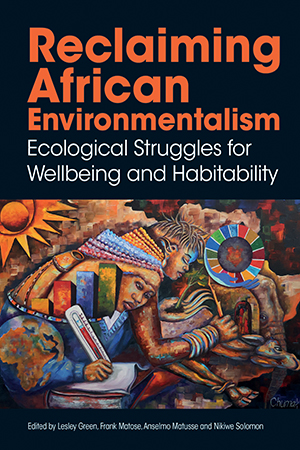BOOKS
The US Congress has long reflected the intersection of faith and politics, with religious convictions often informing legislative agendas. The authors of Religion and Congress examine that More >
The authors of this groundbreaking, multidisciplinary collection are concerned with the growing politicization of cultural heritage in the Arab world. Adopting the unifying concept of More >
Though often portrayed as lacking agency, women in South Asia, in considerable numbers, participate actively in the insurgencies that plague the region—taking up arms alongside men or More >
From the September 11 attacks to the coronavirus pandemic, recent deficiencies in early warning systems have been jolting, reflecting startling failures of intelligence and security More >
Izikhothane—township youth from impoverished backgrounds who engage in mock battles of conspicuous consumption where luxury items are often destroyed—gained notoriety in South More >
Choice Outstanding Academic Book! What is the core purpose of counterintelligence? What does it involve? To answer these questions, Kevin Riehle explains in detail how counterintelligence More >
Though long neglected by urban planners, Johannesburg's Jukskei River has had an important role in shaping the city's development and the lives of its inhabitants. In this book, a More >
Ranging from the impact of high corporate concentration to the role of digitalization and buyer power, leading scholars and practitioners delve into the development of competition regimes in More >
As a leader of the South African Coloured People's Organisation and a communist, Alex La Guma was charged with treason, banned, lived under house arrest, and ultimately forced into More >
The authors of Reclaiming African Environmentalism make the case that the relationships that indigenous and other marginalized minorities have formed with the land must be the primary More >




